The International Criminal Court (ICC) is set to issue arrest warrants against several leaders of the Palestinian armed group Hamas, as well as Israeli Prime Minister Benjamin Netanyahu and Defense Minister Yoav Galant. ICC Chief Prosecutor Karim Khan revealed this in an exclusive interview with CNN on Monday.
This action is in response to charges of war crimes and crimes against humanity linked to the Israeli aggression in Gaza following the Hamas attack on Israel on October 7.
Following the deadly Hamas attack that resulted in the deaths of 1,200 Israelis and the taking of approximately 250 hostages to Gaza, Israel launched a significant military response. The Palestinian Health Authority reports that over 35,000 Palestinians, predominantly women and children, have been killed in the subsequent seven-month-long offensive, with around 80,000 injured.
Karim Khan stated that the ICC is also seeking arrest warrants for:
- Yoav Galant, Israeli Defense Minister
- Mohammad Deif, Head of Al-Qassem Brigade
- Yahya Sinwar, Head of Gaza
- Ismail Haniyeh, Political Head of Hamas
Specific Allegations:
Hamas Leaders: Vandalism, murder, hostage-taking, rape, and sexual abuse of detainees.
Israeli Officials: Inciting starvation as a war tactic, blocking humanitarian aid, and systematically targeting civilians.
This would mark the first time the ICC has taken such action against leaders of a US ally. A panel of ICC judges is currently reviewing the arrest warrant application.
Karim Khan emphasized that no one is above the law and urged Israel to challenge the court's jurisdiction if it disagrees with the proceedings.
Netanyahu condemned the potential ICC actions, arguing that Israel has a robust judicial system capable of investigating any violations. The ICC maintains jurisdiction over Gaza, East Jerusalem, and the West Bank, following Palestinian leaders' formal agreement to the court's principles in 2015.
The ICC's impending issuance of arrest warrants against both Hamas leaders and senior Israeli officials underscores the international community's scrutiny of the ongoing conflict in Gaza. The legal and political ramifications of these actions will likely resonate globally.



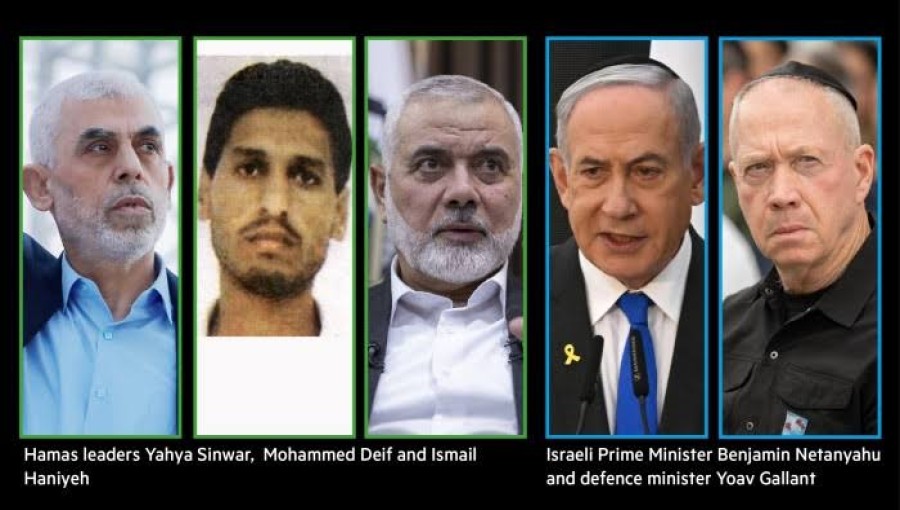
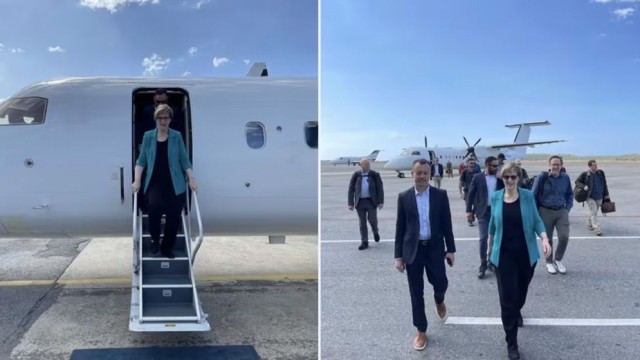
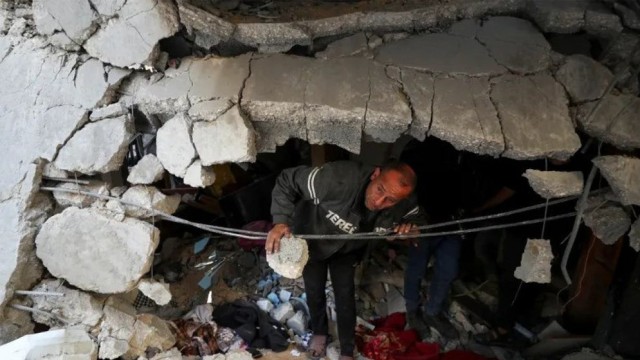
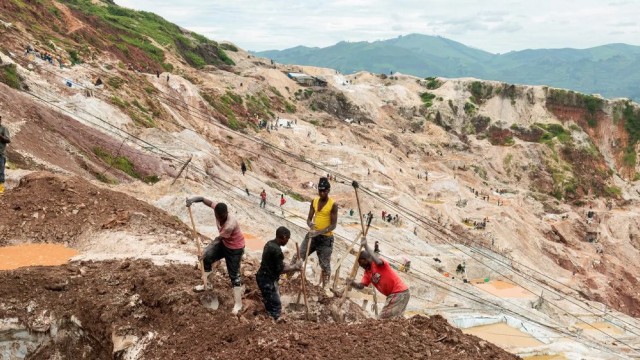
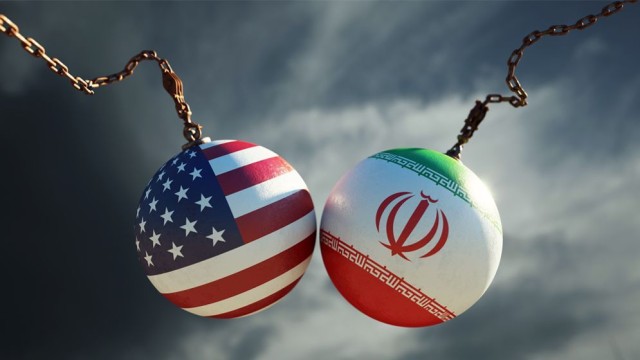
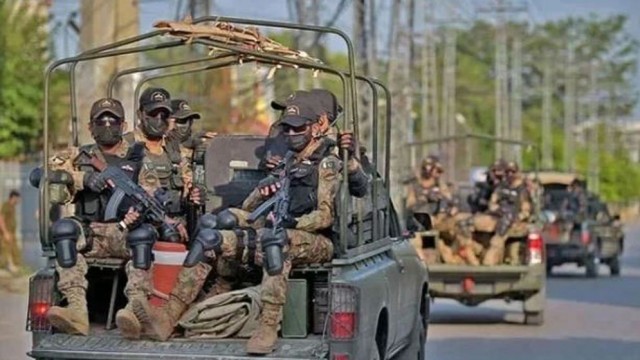
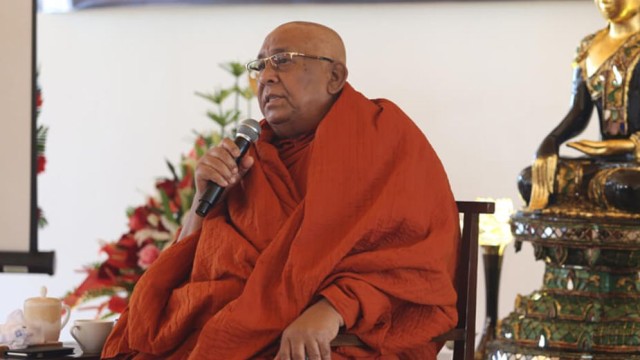
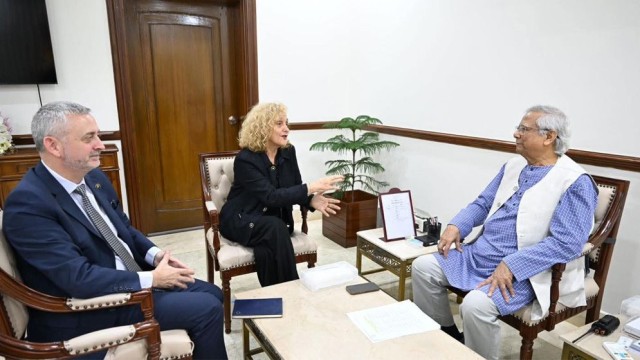
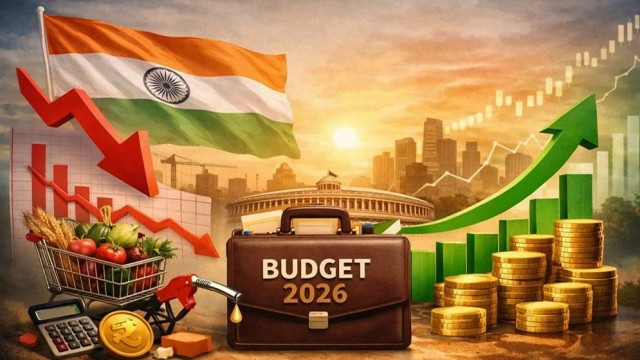
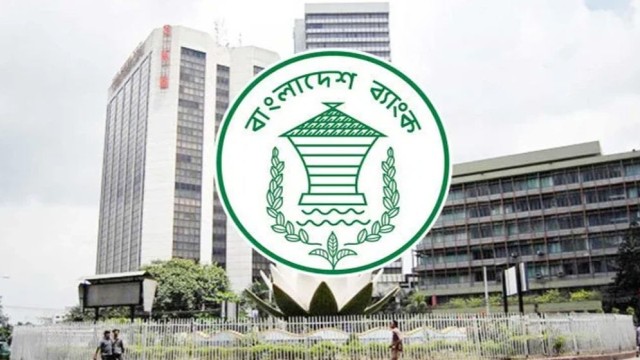
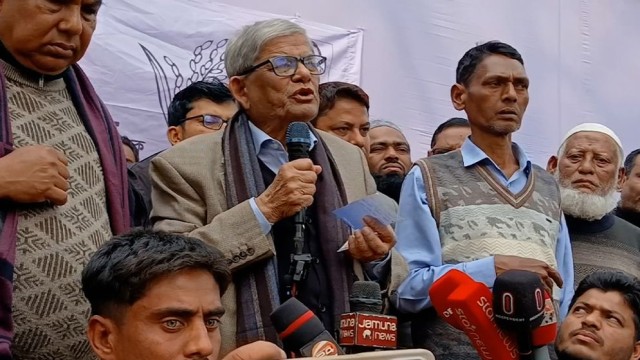
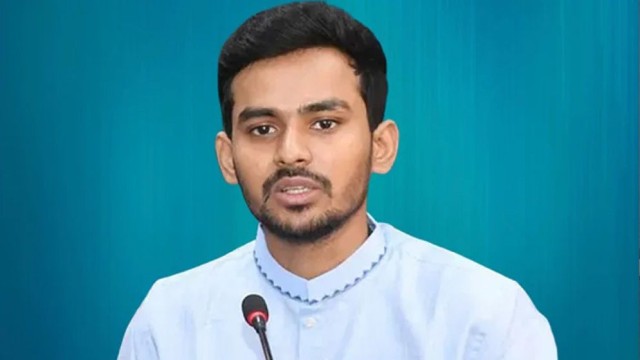
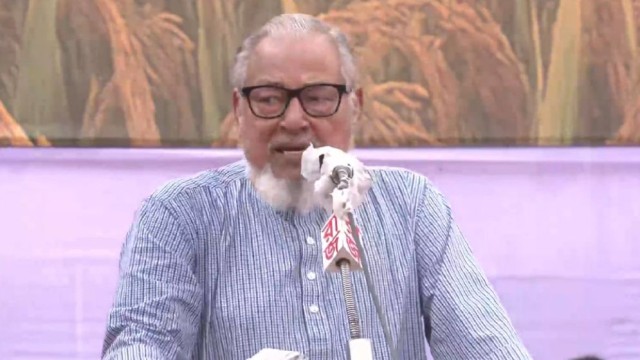

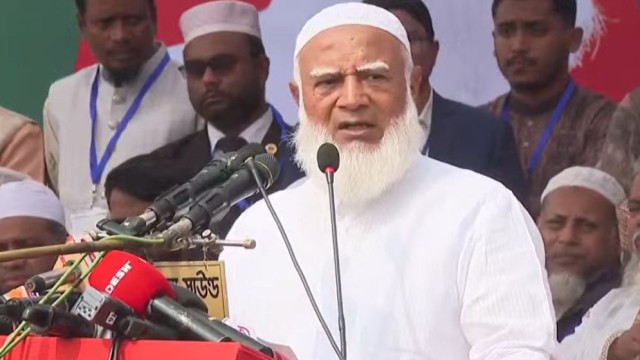

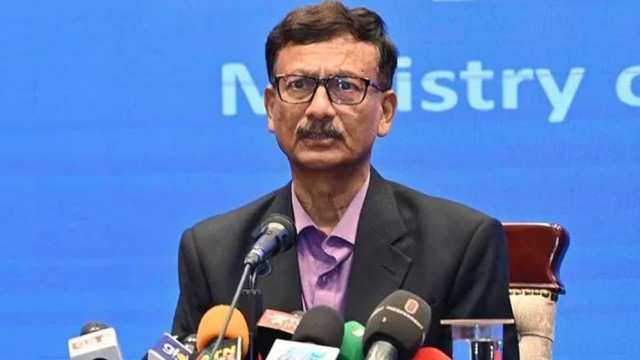


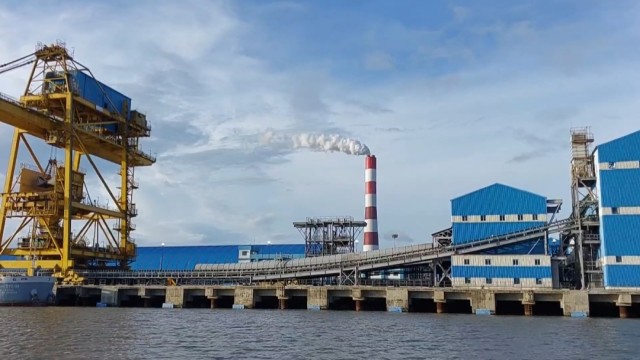

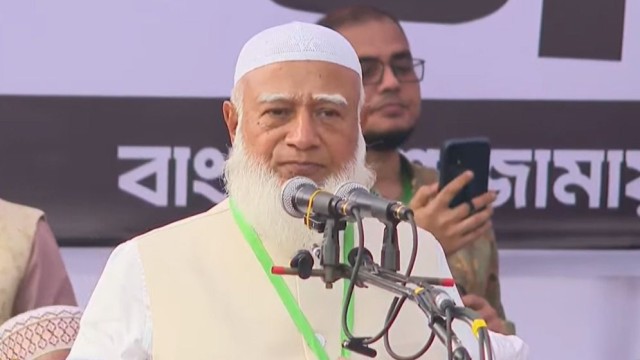
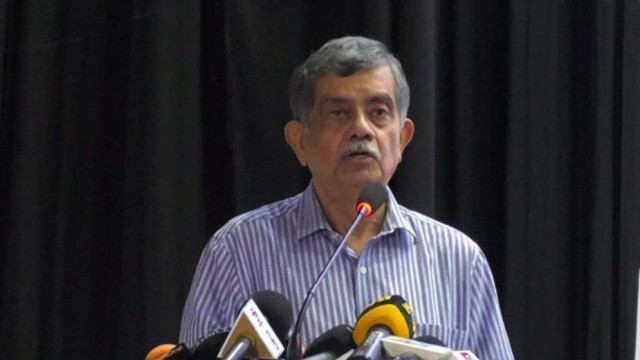
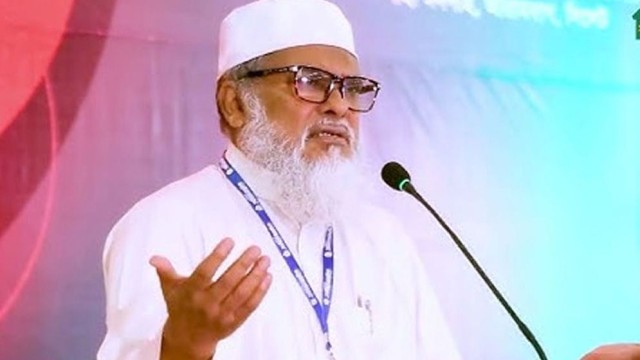
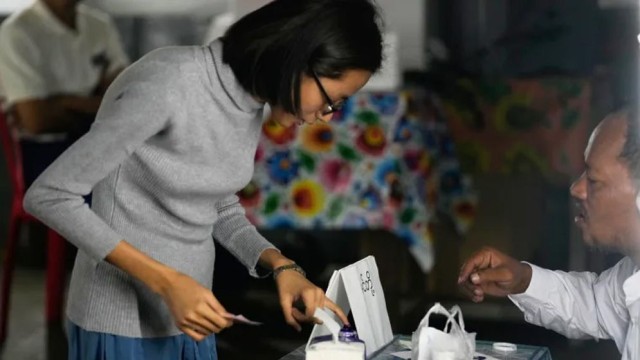
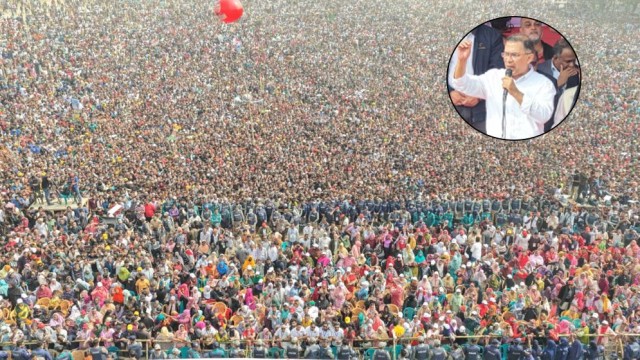
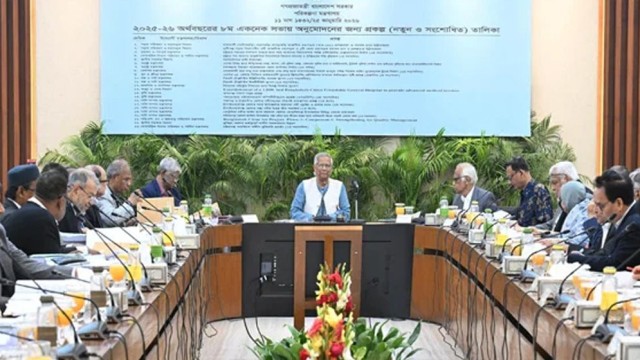
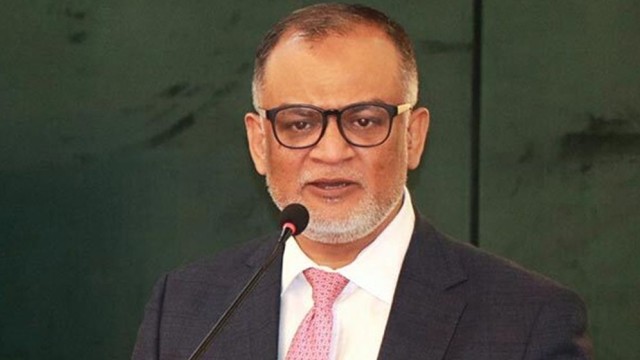
Comment: